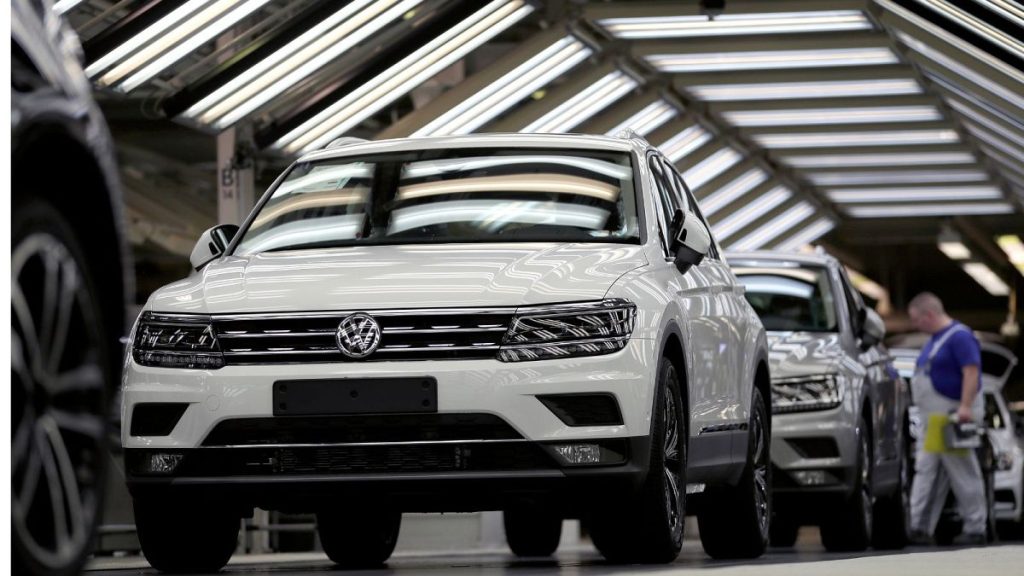Europe’s car industry is facing multiple challenges, including the transition to low carbon technologies, supply chain disruptions, increased competition from Asia, and decreased demand for electric models. MEPs recently debated the crisis threatening the European automotive industry, focusing on electric vehicles and the EU’s goal of achieving 100% zero emission vehicles by 2035. Car manufacturers are struggling to meet the legal limit for CO2 emissions, and Brussels is pushing for a shift towards electric vehicle production to maintain Europe’s competitive edge. However, some parties argue for a broader mix of technologies to address the industry’s challenges.
Brussels’ emphasis on electric vehicles has faced criticism from some MEPs, who argue that focusing solely on electric cars is a ‘dead end’. Instead, they suggest exploring a wider range of technologies to address the industry’s challenges. European carmakers are also under pressure from China, which has a strong foothold in the European market due to its ability to produce electric cars at a lower cost. To compete with China, MEPs emphasize the need for flagship projects, such as investing in the European battery industry to create quality jobs and reduce dependencies on external powers.
The European Commission has set ambitious targets for the automotive industry, requiring a significant reduction in CO2 emissions by next year. However, car manufacturers are struggling to meet these targets due to a dip in electric sales. Despite this, Brussels remains determined to push for increased electric vehicle production to ensure Europe does not fall behind in the global market. The EU has requested a report stating that an investment of up to 800 billion euros is needed to lead the bloc through a clean energy transition and effectively compete with global trading partners.
Europe’s car industry is at a crossroads, facing challenges related to low carbon technologies, supply chain disruptions, competition from Asia, and decreased demand for electric models. Brussels is pushing for a transition to electric vehicles to maintain Europe’s competitive edge, despite facing criticism from some MEPs who argue for a broader mix of technologies. Chinese electric cars are a significant competitor in the European market, prompting calls for investments in the European battery industry to create jobs and reduce dependencies on external powers. The EU is adamant on achieving its targets for CO2 emissions reduction, despite the struggles faced by car manufacturers in meeting these goals.
The European automotive industry is grappling with various challenges, ranging from transitioning to low carbon technologies to supply chain disruptions and competition from Asia. MEPs recently debated the crisis facing the industry and the EU’s push for achieving 100% zero emission vehicles by 2035. Despite facing difficulties in meeting CO2 emission targets, Brussels remains committed to promoting electric vehicle production to keep Europe competitive globally. Some MEPs advocate for exploring a diverse range of technologies to address the industry’s challenges and compete effectively with global trading partners. An investment of up to 800 billion euros is deemed necessary to lead the EU through a clean energy transition and enhance competitiveness in the automotive sector.













